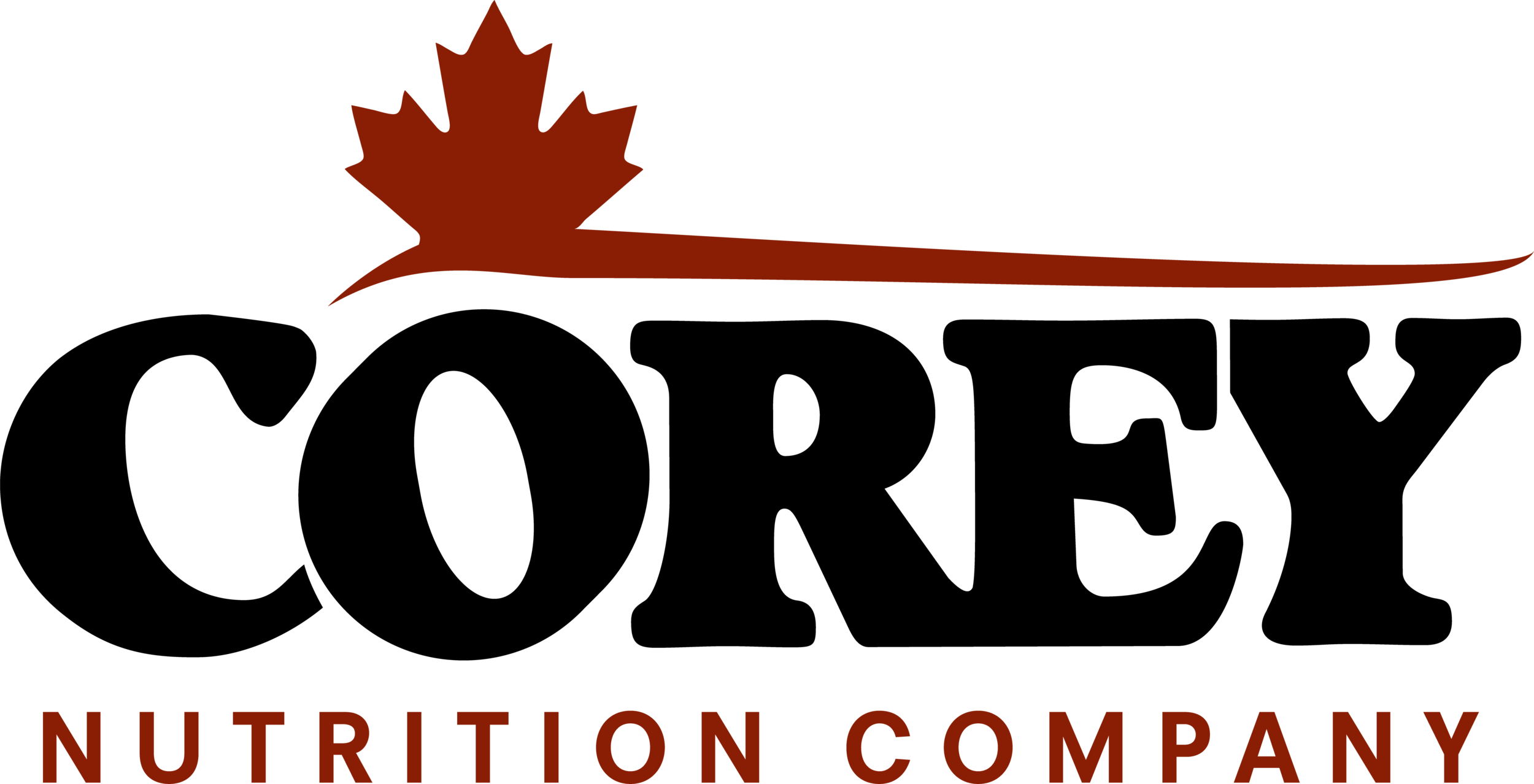MODULE 2
Nutritional Needs of Cats and Dogs: Carbohydrates
Carbohydrate is the general term for the sugars, starches and fibres found in plants. In the diets of dogs and cats, these consist of fruits, grains, and vegetables. Carbohydrates come in many shapes and forms, but all broken down to a basic unit of energy, glucose. Glucose is a source of energy used to fuel all the reactions in the body. It is what is referred to when people talk about “blood sugar.” Glucose molecules are made up of carbon, oxygen and hydrogen molecules. We will dive into this more in later modules!
As mentioned in the previous section, cats are carnivores that do no require carbohydrates in their diets. However, there is a place for carbohydrates in the diet of a dog. Dogs, as omnivores, can digest carbohydrates more readily than cats. They are important during certain lifestages, such as development, pregnancy and nursing.
Sometimes, pet food contains a larger percentage of carbohydrates than are necessary for dogs and cats. A diet high in carbohydrates can have negative health repercussions such as obesity and diabetes. This is due to how glucose is stored in the body. If too many carbohydrates (glucose) are consumed, the body stores this extra energy as fat. Although high amounts of carbohydrates can be detrimental to the health of your pet, a small amount of highly digestible carbohydrates consisting of grains, fruits, and/or vegetables are beneficial – especially for dogs. Healthy sources of carbohydrates are high-fibre fruits and vegetables, starchy root vegetables, such as sweet potato and carrots, and grains, such as rice and oats.
FIBRES
Fibres are complex carbohydrates that are not very digestible for dogs and cats. There are two types of fibre found in pet food, soluble and insoluble. Soluble fibres are ones that form a thick mucous solution when mixed with water. These fibres help to move food through the system and remove waste. Soluble fibres are typically fermentable in the large intestine, allowing them to feed the cells that line the intestine and act as prebiotics for naturally occurring gut bacteria. Insoluble fibre pass through the gut relatively intact as “bulk.” These fibres are largely non-fermentable and help to move food through the system. They are beneficial as they make the animal feel full while mediating transit time and bowel regularity. Common sources of soluble fibre in pet food include beet pulp, flaxseed, tomato, citrus, and oats. Common sources of insoluble fibre are cellulose, pea fibre, some beans, nuts and seeds.
In summary, cats do not require carbohydrates in their diet, although they can benefit from some dietary fibre. In contrast, dogs benefit from the quick energy obtained from highly digestible carbohydrate sources.

